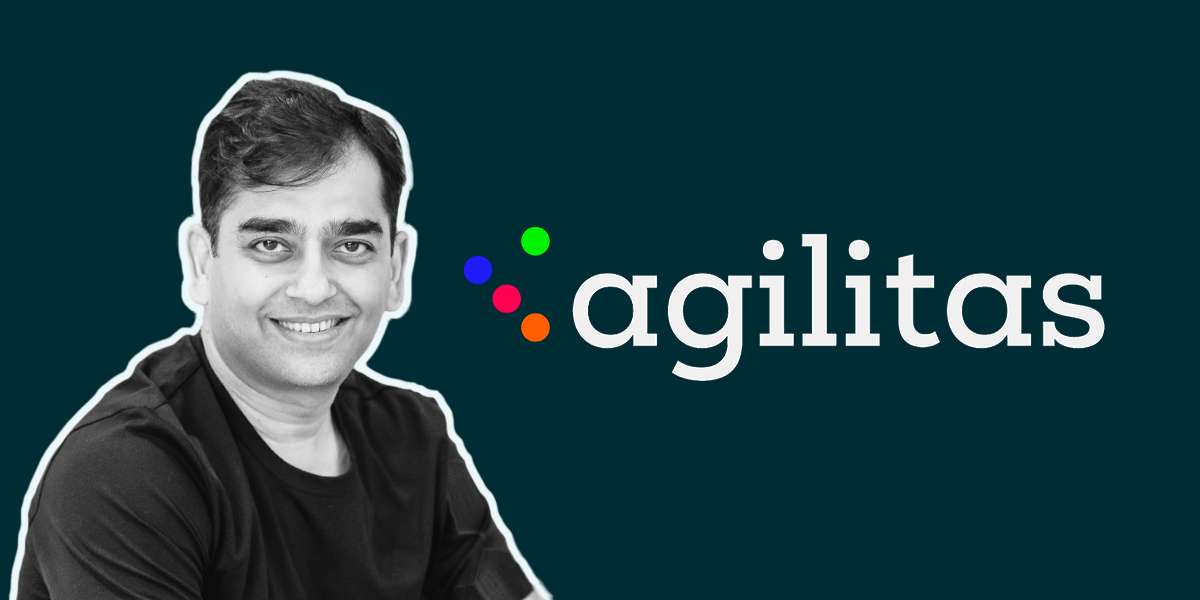Online investment startup Groww has raised $21.4 million in a Series B funding round led by US-based fintech fund Ribbit Capital, which has been one the most active VC firms in India this year.
The Bengaluru-based startup also witnessed participation from existing investors- Sequoia India and Y Combinator in the latest round.
The fresh funds for the company has come around eight months after it closed its series A round worth $6.2 million led by Sequoia India.
Groww will use these new funds to fuel its plans of taking top talent on board across engineering, product, and growth teams and increase the team size to more than 200. It looks forward to expanding its technology and build super scalable infrastructure for investing, said the company.
Founded in 2017 by ex-Flipsters Lalit Keshre, Harsh Jain, Neeraj Singh, Ishan Bansal, and John Francis, Groww essentially helps amateurs investors to make investments in special investment plans (SIPs) such as mutual funds.
Lalit Keshre led startup assists, retail investors, to step by step in finding the right portfolio as their needs and offers personalization to un-complicate the investing process.
The Android-only platform offers over 5,000 mutual funds schemes from 35 mutual fund houses including Axis Mutual Fund, Aditya Birla, SBI Bluechip, L&T, and HDFC.
Known to leverage data science to make investing simple and transparent, Groww had secured seed funds from Y Combinator along with CureFit’s founders Mukesh Bansal and Ankit Nagori in January last year.
Groww, which claims over one million registered users, especially in the 20-40 age group is aiming to grab a larger share in this market in the future by making the entire process, including KYC, paperless.
The startup counts ETMoney, Zerodha, Scripbox, Kuvera and Piggy, among others as its direct competitors. This year, digital payments players such as Paytm, Mobikwik, and PhonePe had also forayed into the wealth management segment.
According to Amitabh Kant, the CEO of Niti Aayog, the Fintech market in India is expected to touch $31 billion by 2020.














